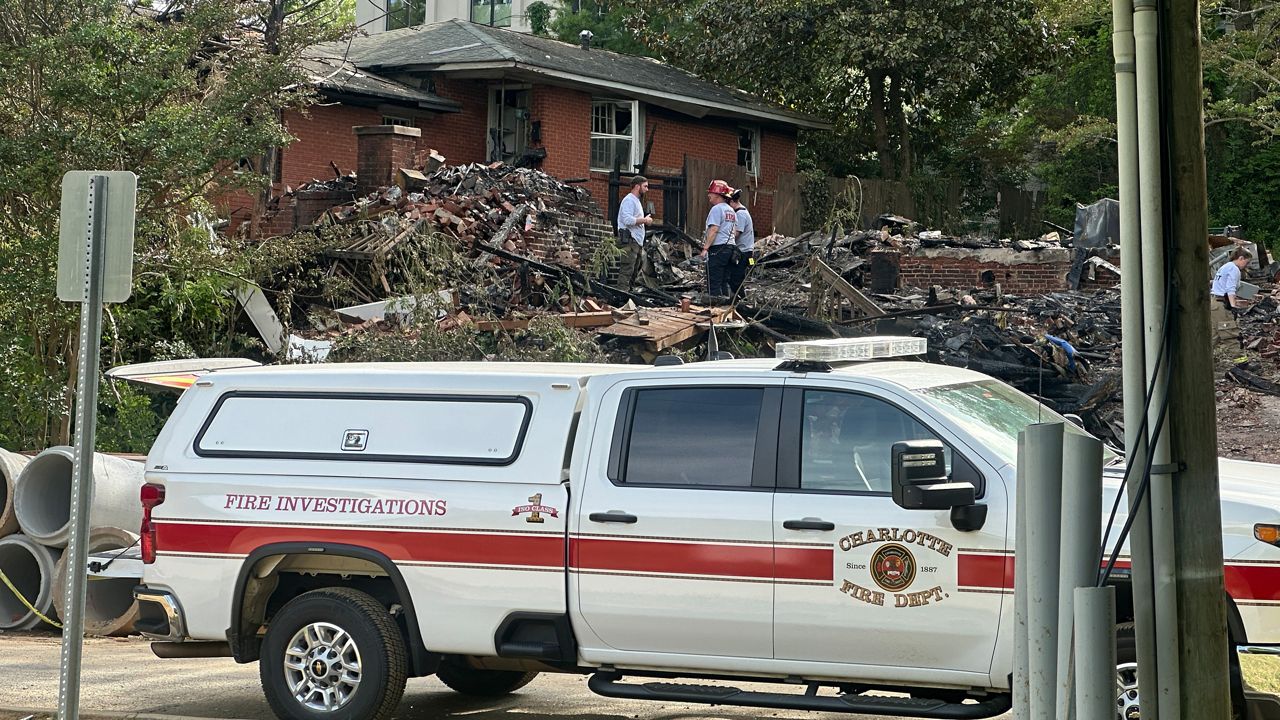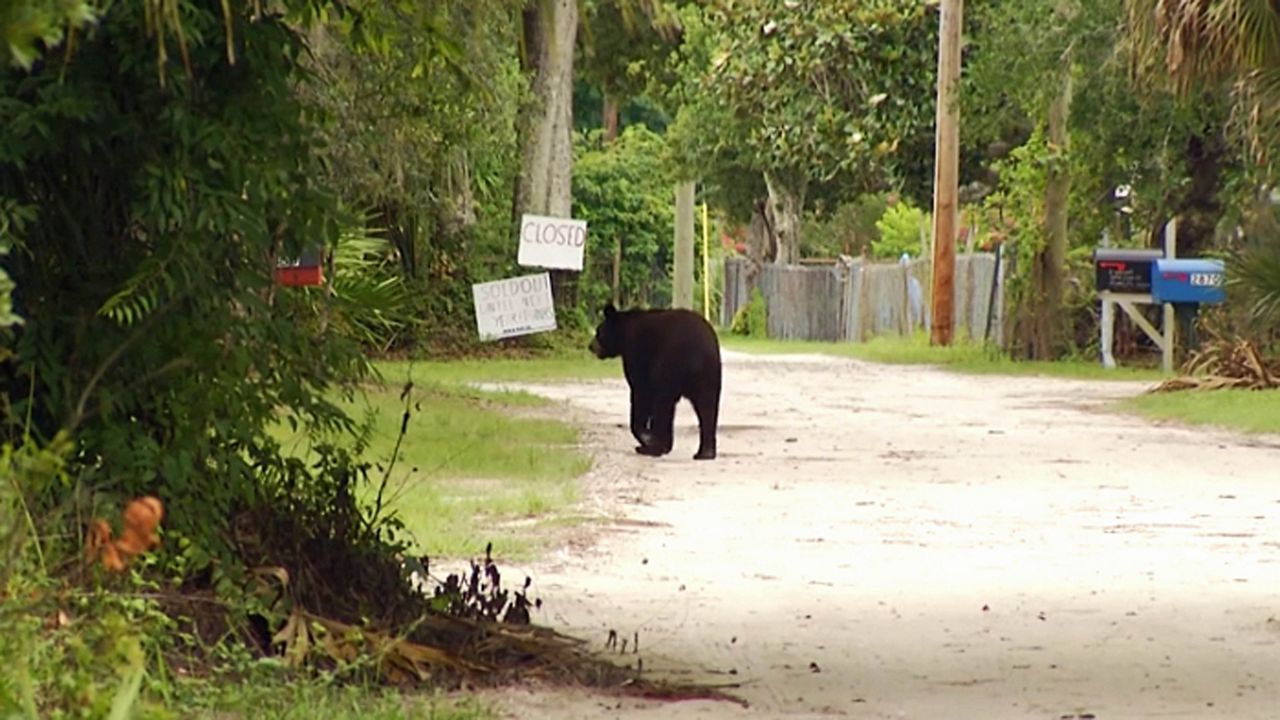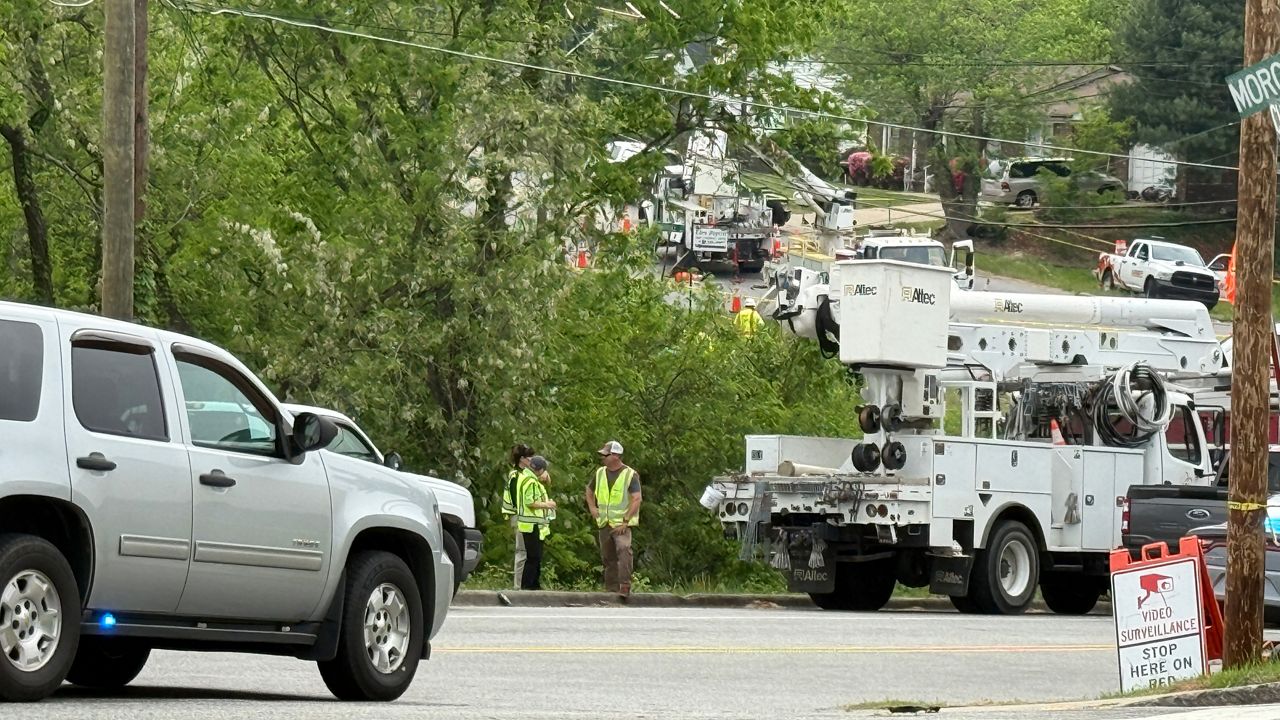RALEIGH, N.C. — As a heat wave grips much of the world, people everywhere are turning to social media for affordable, DIY hacks to beat the heat. However, not all of the TikTokers know what they’re talking about.
Duke Health Dr. John Purakal and Duke Energy’s Jeff Brooks weigh in on some of the top trending tips on social media.
Purakal: “This is a fact. It will help to cool your skin. Aloe vera has great anti-inflammatory cooling properties, and it's used a lot of times in conjunction with moisturizers for sunburn and to help cool your skin. It will not treat heat exhaustion or heat stroke, but just to cool down.”
Purakal: “This one is partially fact. So, peppermint does have a cooling property to it when you drink it. However, tea, remember, will have sugar in it most of the time. So be careful with that, because that can dehydrate you.”
Purakal: “I'm going to say fiction because when you take a supplement — so for example, there's magnesium and there's a few other supplements that are out there that people take to help with regulating things like hot flashes or if they have thyroid issues and they have trouble controlling their temperature — those are taken in consult with your regular doctor and they're taken regularly. But to start taking something like that when you start feeling symptoms of heat exhaustion or heat stroke will not treat it. You should stick with, again, the things that we know that are tried and true: drinking water, getting to a cool place, things like that.”
Brooks: “Well, they can make you feel cooler. So that's a fact from the sensation standpoint, because they help to lower the humidity in the room and that helps your body be able to evaporate sweat and moisture on your skin, which creates the sensation of being cooler, even though it's actually not changing the temperature in the room lower.”
Brooks: “Well, at a certain point, that is fact. You know, fans can actually help you feel three to four degrees cooler, typically on an average day. That's why we recommend using ceiling fans in your room because it helps to promote air moving across your skin. But, when that temperature reaches upwards to 95, 96, 97 with that combination of humidity, it loses its effectiveness and can actually, in some situations, inhibit your cooling if it gets above, say, 100.”
Brooks: “You know there's a lot of ingenuity out there, but we've not found a very effective way to make a portable ice-cold air conditioning. The homemade air conditioner has not topped the good old appliance yet.”
Brooks: “If you're using air conditioning, it's not really the best solution. Your attic is designed typically to insulate and keep the cooler air in your home. So, that isn't going to really solve a problem. If you're in a naturally cooled house, if you're in an area where you can use airflow, there might be some benefits to creating that airflow, but there's other ways like opening a window that really creates a more effective solution.”










